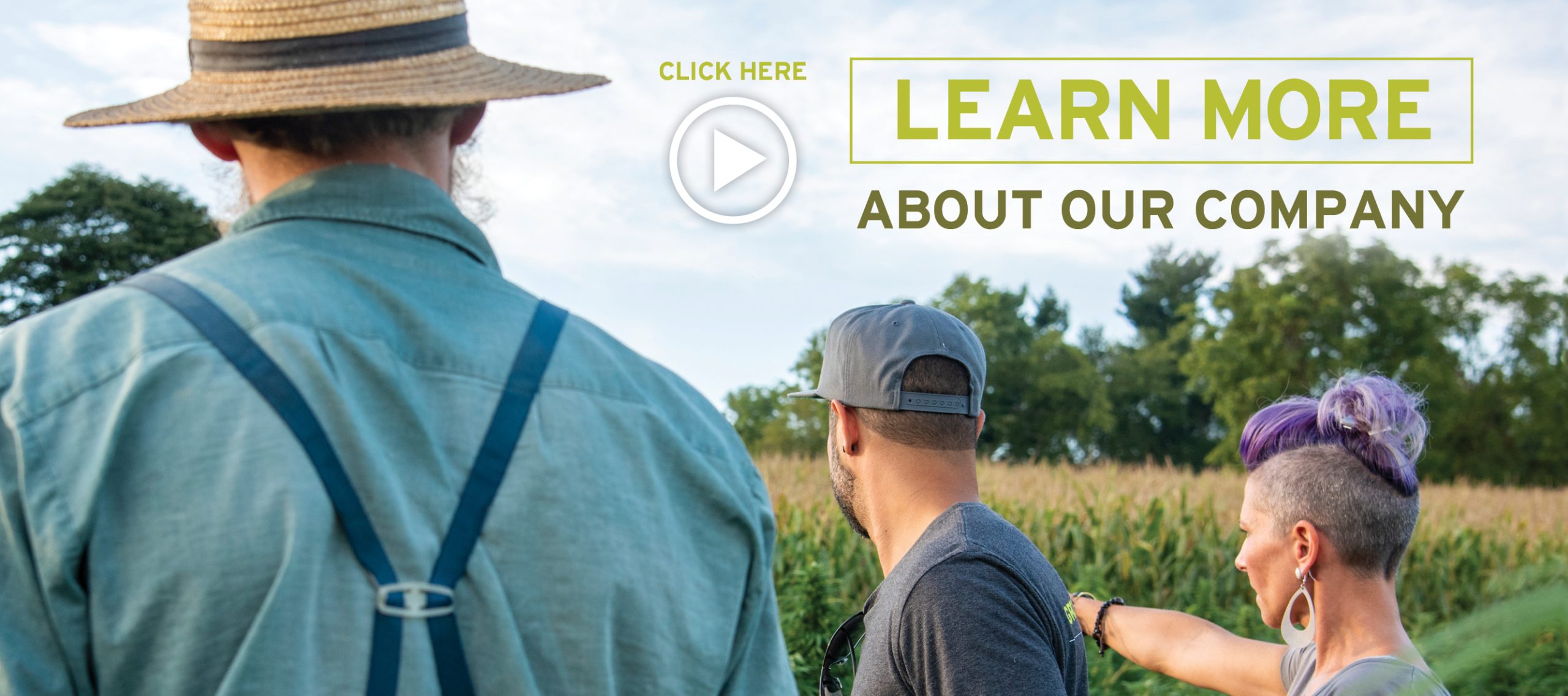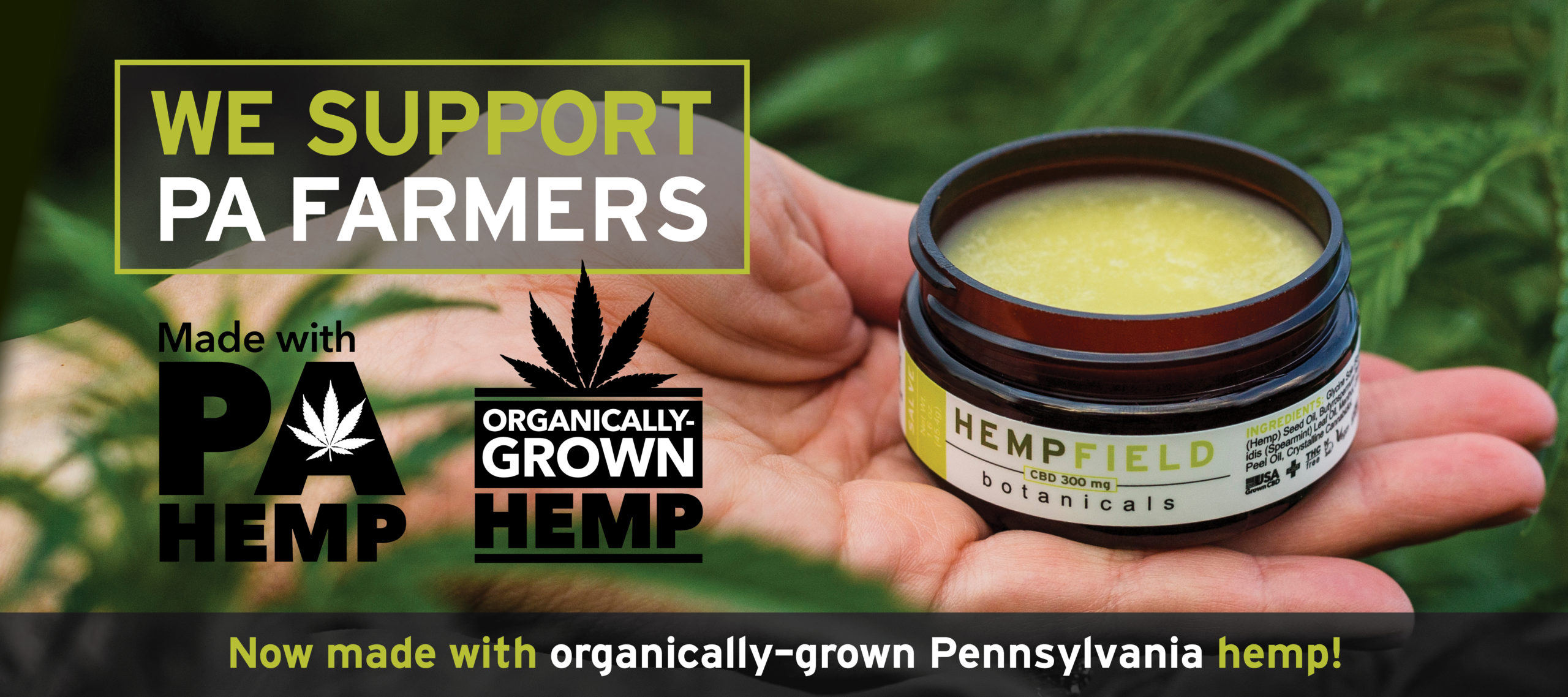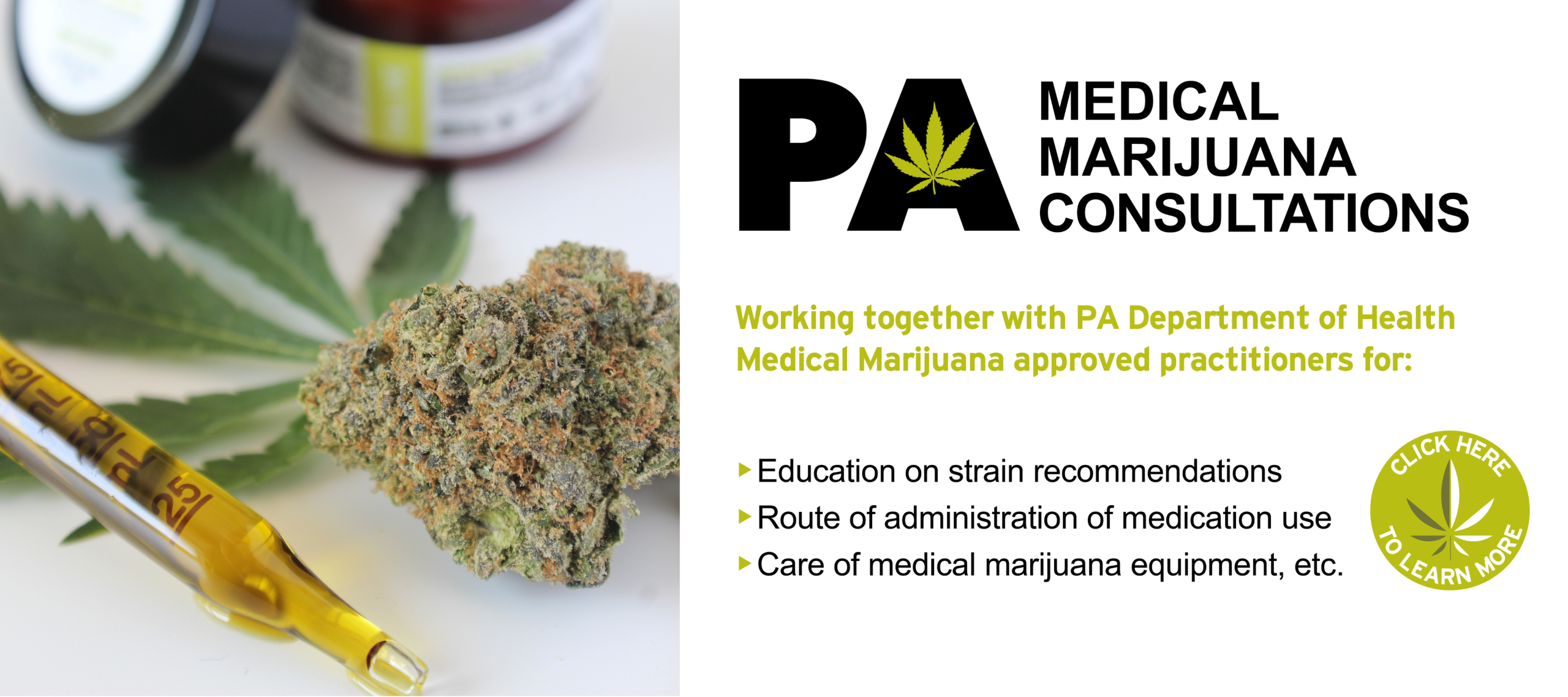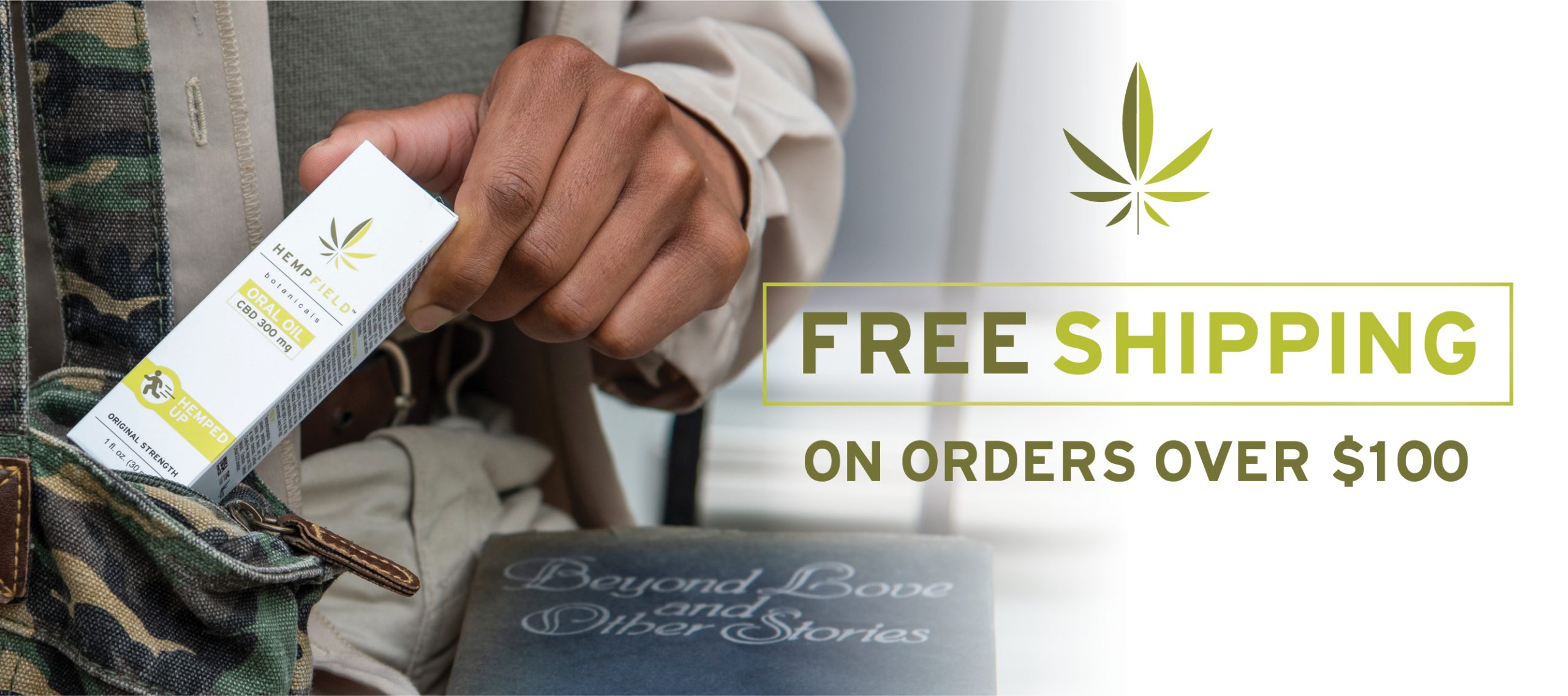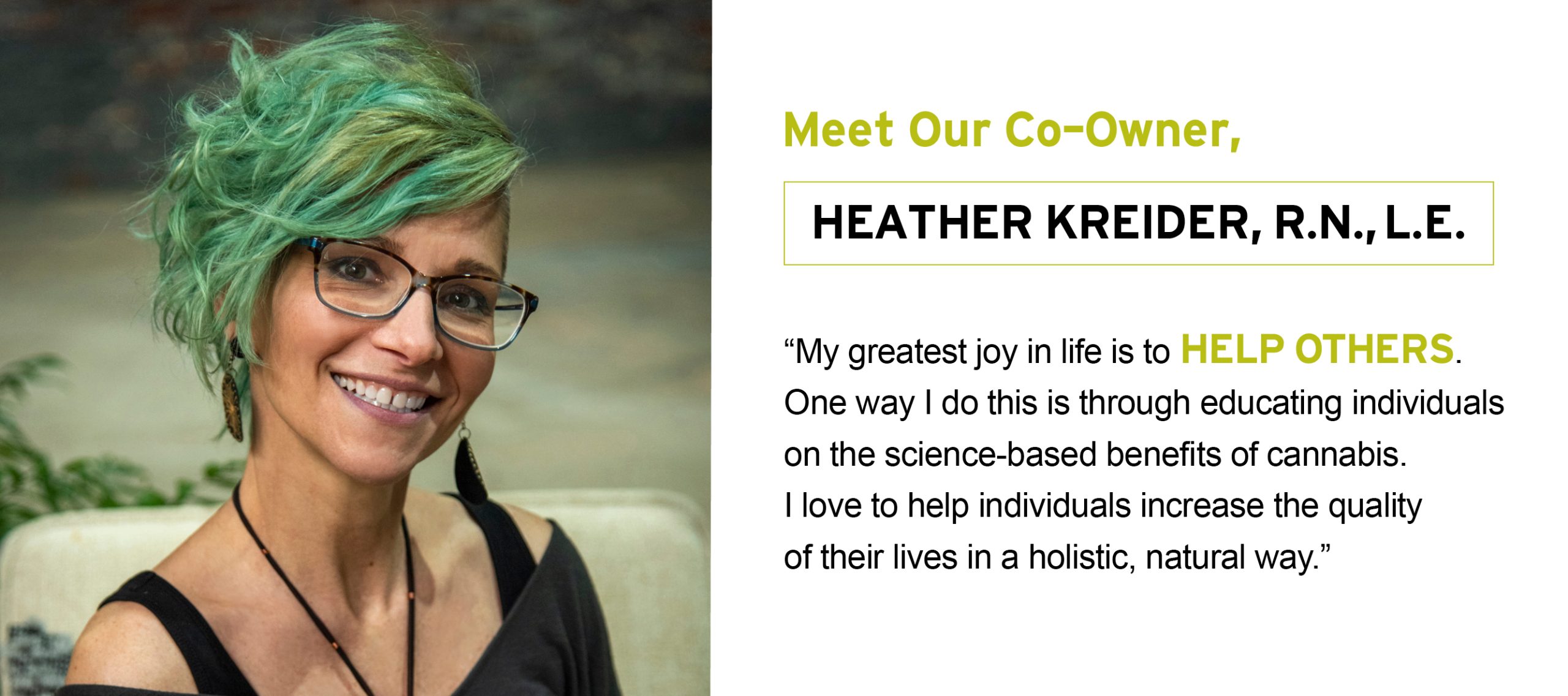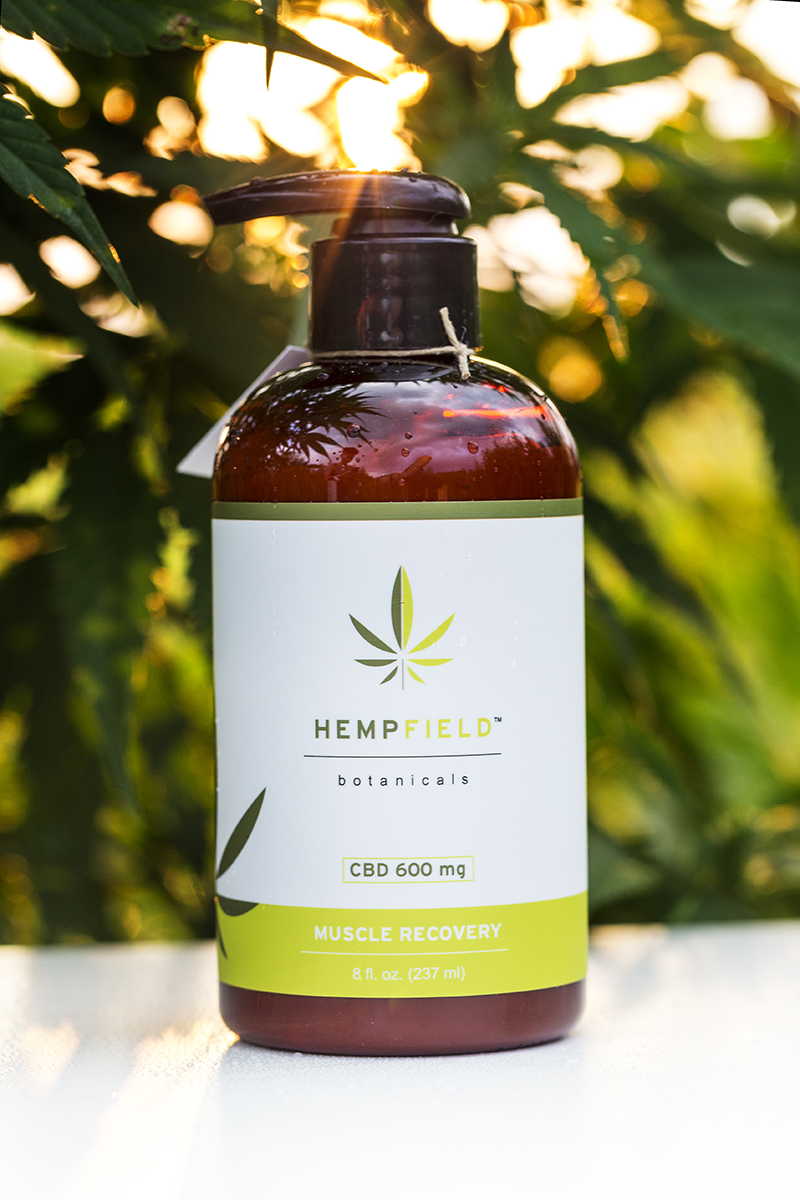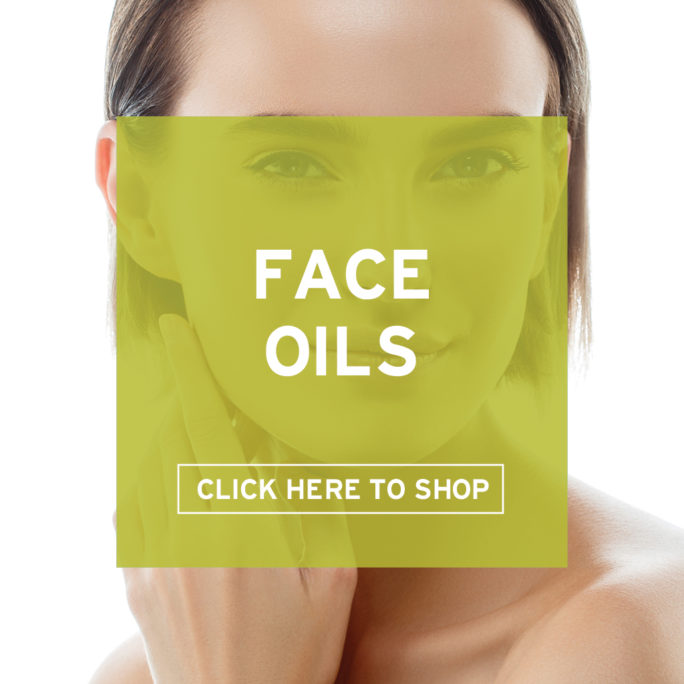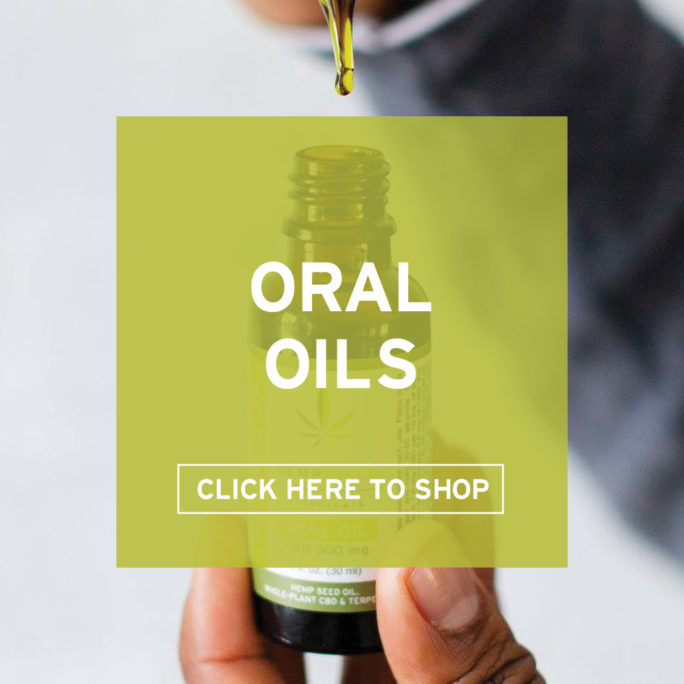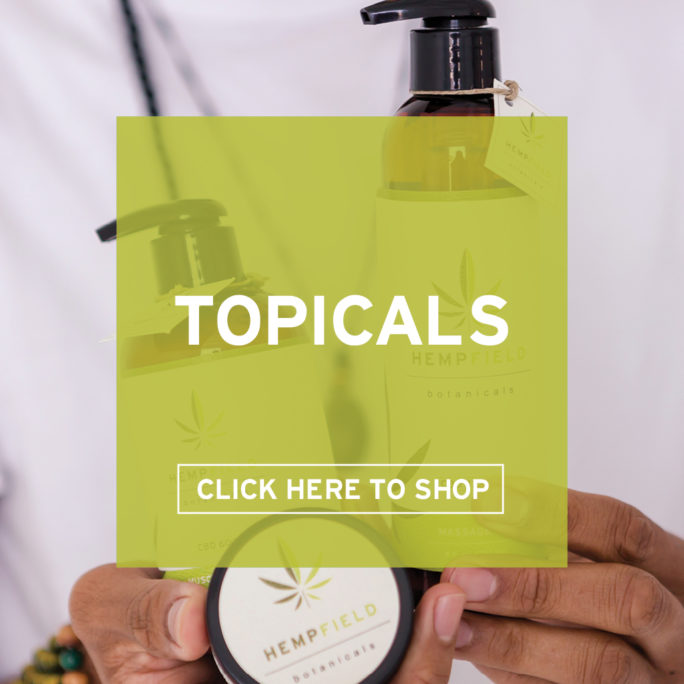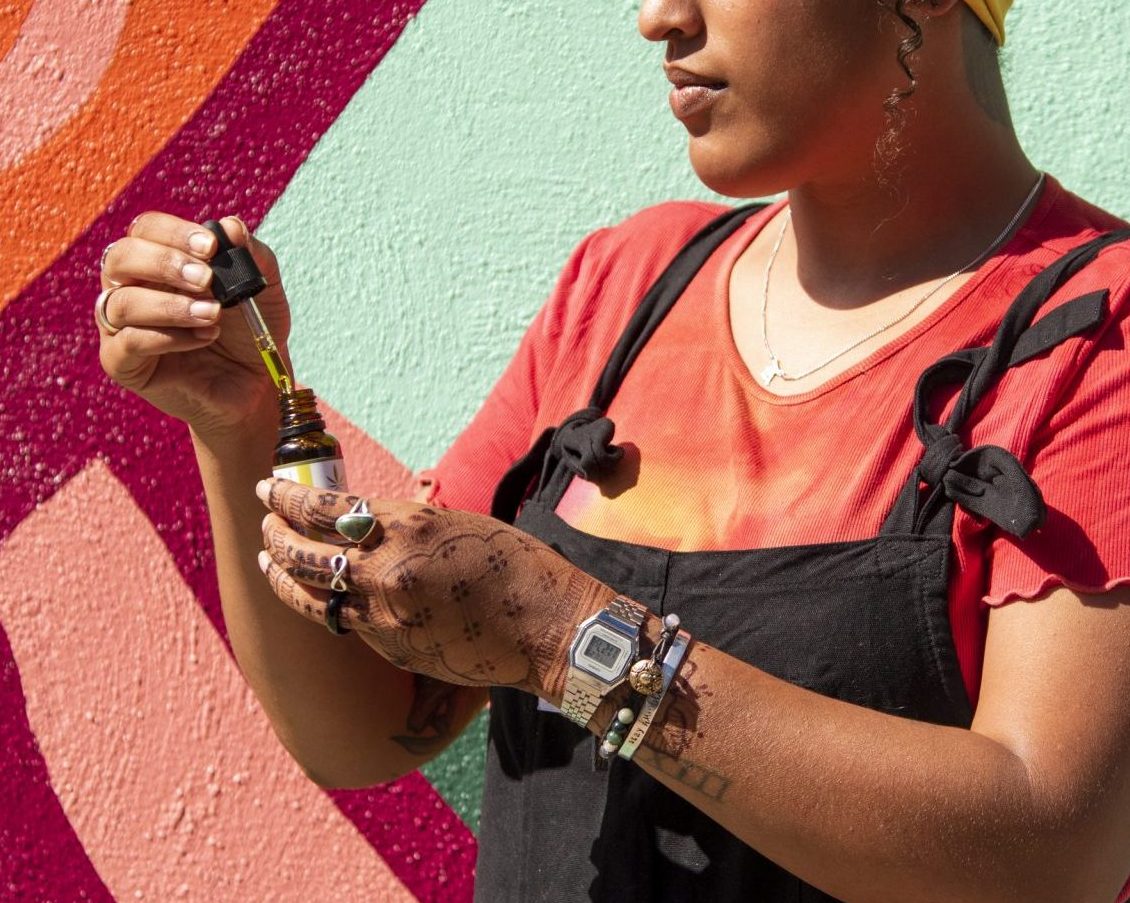How Is CBD Different from THC?
Because CBD and THC (tetrahydrocannabinol) are the cannabinoids found most abundantly in cannabis plants, people get confused about the difference. Unlike THC, which causes psychoactive effects (a “high”), CBD does not because it doesn’t act on the same neurological pathways as THC.
You cannot get high from CBD oil that has been extracted from industrial hemp because it has insignificant traces of THC (less than 0.3 percent).
A Word to the Wise Before You Buy CBD Products
Although CBD is legal in the U.S., lack of industry regulation remains a challenge. Before buying CBD products, make sure you do your homework to ensure the manufacturer adheres to the highest standards of quality and purity.
Be an informed customer and think about more than just price when comparing CBD products. You should consider: third-part lab testing results, CBD milligrams clearly noted on packaging, produced in a current Good Manufacturing Practice (cGMP lab), and whether recommended FDA guidelines are followed.
Types of People Who Use CBD
- Athletes (from marathon runners to tennis players to wrestlers to martial artists to football players and others)
- People who work out at the gym, weekend warriors, personal trainers
- Factory and construction workers
- General contractors, movers, landscapers, mechanics
- Outdoor enthusiasts (hikers, kayakers, cyclists, etc.)
- Professionals in high-stress jobs
To make a long story short, CBD could benefit almost everyone who wants to lead an active life and keep pain, stress, and inflammation under control.
Reasons People Use CBD
CBD’s therapeutic properties have been helping people find relief from a broad range of ailments including: arthritis pain, muscle soreness, depression, joint pain, nerve pain, anxiety, insomnia and other sleep disturbances, epilepsy, inability to concentrate, inflammatory diseases, autoimmune disorders, ischemic diseases, mood disorders and poor appetite.



